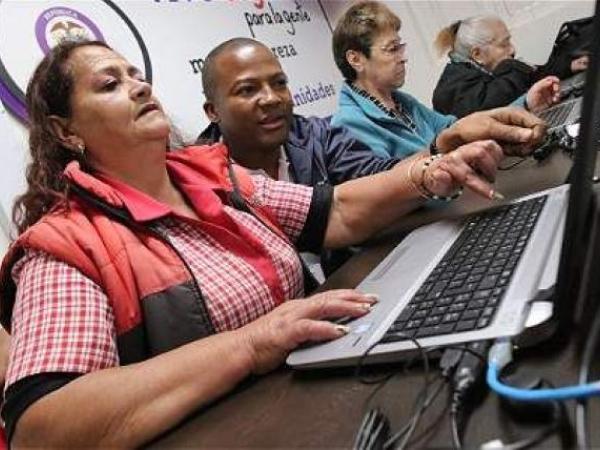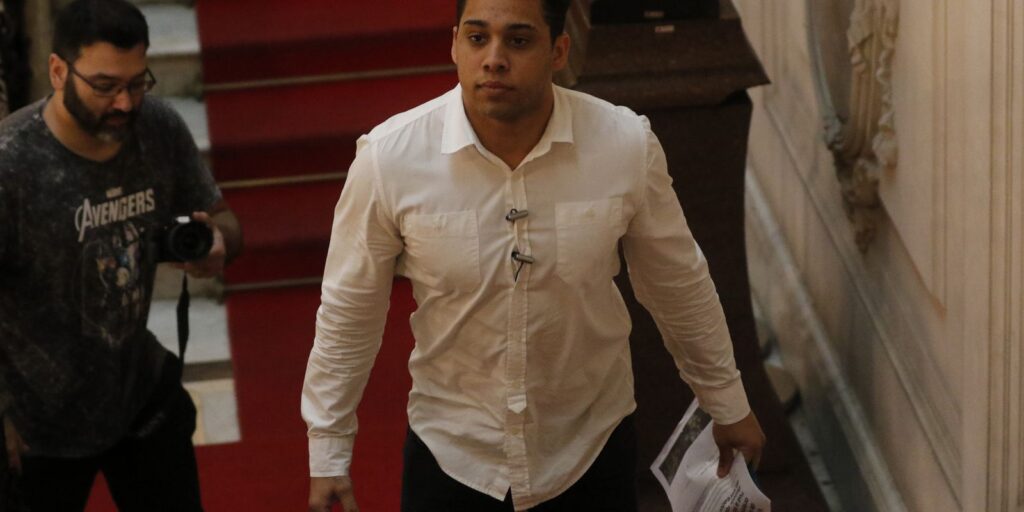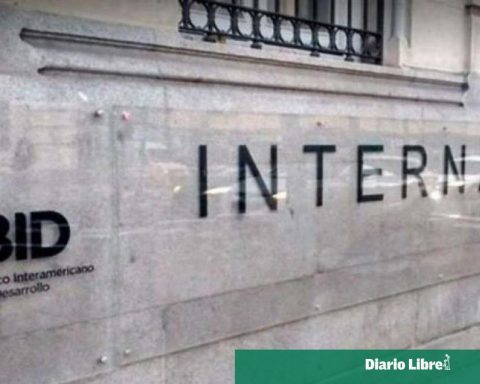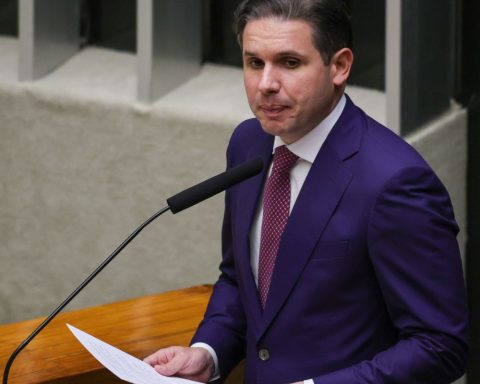After knowing that Mery Gutiérrez, lawyer and specialist in ICT management, will be in charge of leading the Ministry of Information Technologies and Communications in the country, the different unions that make up the technological and telecommunications ecosystem have made clear some of the challenges that Gutiérrez will have.
(Read: Importance of data to detect risks and fraud in companies).
According to Ximena Duque, executive president of Fedesoft, despite the fact that the country’s IT industry has made significant progress, one of the main challenges is promote Stem education (in English Science, Technology, Engineering and Mathematics), bilingualism and connectivity.
“It is necessary to structure and execute a national connectivity plan that integrates the various available technologies such as fiber optics, satellites, white spaces of the television spectrum, cellular telephony, among others,” said Duque.
For his part, Alberto Samuel Yohai, president of the Colombian Chamber of Information Technology and Telecommunications (Ccit), stated that the main challenge of the new ICT minister is focused “on generating an optimal environment for massive investment in the sector.”.
“Without a doubt, this can revolve around that we can finally have commercial 5G networks in Colombia,” Yohai added.
In addition, the president of the Ccit specified that the Colombian Chamber of Informatics and Telecommunications is “completely ready and willing to collaborate with the minister and her team.”
“We want this sector of the economy to continue to be an engine of transformation, since this will generate greater competitiveness for the entire national economy.
From the Colombian Chamber of Electronic Commerce (Ccce), María Fernanda Quiñones, executive president, pointed out that the new minister must promote competitiveness in the country and develop ambitious goals in connectivity, innovation and technological adoption.
“This type of approach will not only allow progress in terms of education and information in all regions, but will also open up a large number of opportunities for entrepreneurship and companies.Quinones said.
Likewise, another of the challenges highlighted by Quiñones is that the country must have a true articulation of State policies, “aimed at fostering growth in the adoption of technologies, both mature and emerging,” he added.
For his part, Samuel Hoyos, president of Asomóvil, affirmed that connectivity, as an efficient spectrum policy, with the deployment of infrastructure and promoting investments in the sectorwould be one of the challenges facing the minister.
“Connectivity is going to be the great engine of rural development in Colombia, it is a fundamental lever for the growth of the economy and for social inclusion. The new Government has a great challenge, but at the same time a great opportunity to advance decisively in closing the gap and the massification of Colombians to the Internet (…) We need to remove barriers to the deployment of infrastructure to bring connectivity to the entire national territoryHoyos said.
(Also: MinTIC presented tools to support digital transformation).
from the private
For Chafic Nassif, CEO of North Latam and the Caribbean of the Ericsson brand, one of the great challenges that the new ICT minister will have is focuses on the deployment of 5G technology in Colombia.
“As momentum continues to build for 5G deployment in Latin America, this represents an opportune time for Colombia to leverage this platform to support economic recovery and social inclusion. For this to happen, it is necessary that we work together, companies, universities and the governmentNassif added.
johana lorduy

















